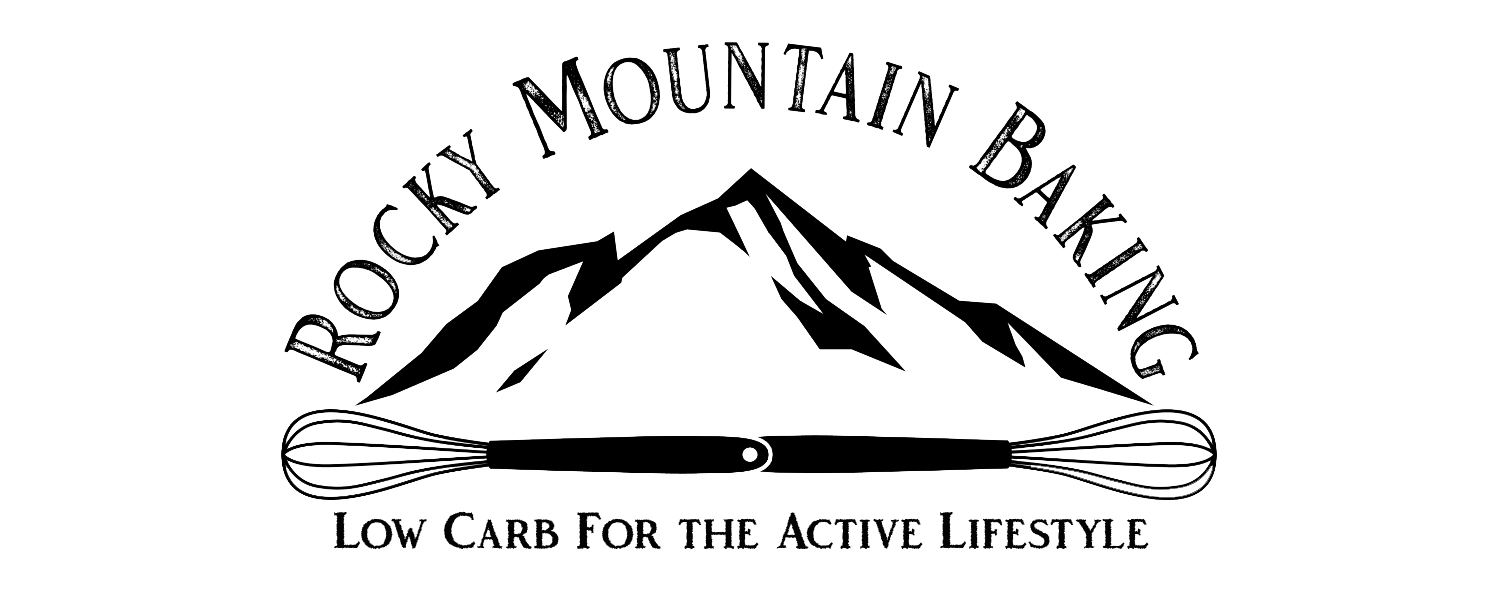
Keto For the Active Lifestyle
You may have heard the well circulate myth that carbs are a necessity for weight lifters.
Perhaps you have heard excuses like, “You need carbs to build muscle.” Or “Without carbs you won’t have energy.”
To me these excuses are just that. Excuses. Justifications for sweet tasting lies, they simply don’t have the will power to resist.
Throughout my fitness journey, I have been on a low carb diet going on three years, and have been making awesome gains and hitting personal records I never thought possible. I quickly learned however, that understanding the keto diet and knowing what YOUR body needs is the key to success.
Are Counting Calories Really Important?
I’m sure you have found that many keto recipes, advice, etc. are geared towards weight loss. If you follow this advice and eat for weight loss while lifting heavy, then you may find yourself tired, weak, and even nauseous.
For a time I found myself powering out, and not making the gains I had been. While some of this was because I was now at a more advanced level of lifting, and gains are typically slower at this point, I knew something in my diet was off.
Not only was I not advancing in weights, there were many days I was more tired than normal, had no energy, was experiencing frequent headaches, as well as light headiness on occasion.
After some conversations with my dad, who also lifts weight on a keto diet, some research, and using the Keto Gains Macro Calculator I swiftly came to the conclusion that I was not getting adequate protein, and I definitely was not eating near enough calories.
After that I began keeping track of my calories and macros, with focus on my protein intake. I began upping my portions of food and began eating high fat, high protein foods. Immediately I began seeing results. Not only was I feeling better, I started hitting new personal records again, and was feeling fabulous!
How Much Protein Do I Need?
You can’t build muscle without carbs, is probably one of the most circulated myths in the gym world. The first time I heard this, I immediately thought to myself, “That doesn’t even make sense.”
Protein and an energy source (fat or carbs) are part of what the body needs to build muscle. Combine that with rest and overloading the muscle causing muscle hypertrophy you now have the formula to become a stronger you. All these things combined are what helps build muscle, not just carbs.
According to research from several sources, a person needs approximately .8 to 1.2 per grams per lean pound of body mass in order to build muscle. For me, I find eating the right amount of protein is very achievable when you focus on protein based breakfasts, (such as eggs and bacon) put protein in your snacks, eat lots of meat, and of course use Jocko Mölk. 😉 When you focus on keeping these things in your diet, and make sure you are getting the energy you need, building muscle while eating keto is indeed possible.

Why you May Need A Calorie Surplus
While protein is necessary to build muscle, you can’t build it on sweat and protein alone. You also need a calorie surplus in order to give you the energy you need. While this is where many people believe carbs come in, you can still eat above your Total Daily Energy Expenditure or TDEE, using fats as your energy source.
Recently, I again was beginning to power out and struggling with gains. Though I was no longer feeling sick, I just didn’t feel I was hitting my full potential. I began going over my macros, researching some more, and re-evaluating what I needed. While I had been eating well, I was eating just what I burned in a day, when what I really needed was to be eating a calorie surplus in order to build more muscle.
I made the appropriate changes to my diet, started drinking more power shakes fueled by Mölk , and am pleased to say I once again am feeling great and crushing it!
The Importance of Electrolytes
Though our recipes don’t necessarily help you get your electrolytes, I wanted to touch on them as they are extremely important in the keto diet especially when you are active, sweating a lot, and using creatine.
While electrolytes are important regardless what you are eating, they are all the more so when eating keto. When switching over to the keto diet, you are cutting out all or a majority of your processed foods. By doing this you are lowering your sodium level significantly.
Then by cutting back on carbohydrates, the body does not experience blood sugar spikes, resulting in lower insulin levels. When the insulin levels are low and stable, the kidneys excrete lots of sodium, potassium, and water.
By combining these two very large changes, this results in low blood pressure and has caused many people, myself included, to experience the dreaded “keto flu”. Symptoms of the “keto flu”, include dizziness, weakness, fatigue, and nausea. Take it from me, this is absolutely no fun!
After my first bout of “keto flu”, I swiftly learned the importance of making sure I consumed the following recommended amounts of salt, potassium, and magnesium daily to ensure these symptoms stay away!
- 5000-7000 mg of sodium (on top of what you typically get from food)
- 3500-4700 mg of potassium
- 400-500 mg of magnesium (on top of what you get from food)
By adding electrolytes in my water daily, I was able to prevent the keto flu and once again feel great!
If you know exactly what I’m talking about and are looking for keto friendly electrolyte options I recommend using either Ultima Replenisher or LMNT Electrolyte drink mix.
For more in depth information on the keto flu and the importance of electrolytes, I highly recommend reading the article On The Keto Flu and Electrolyte Imbalances by Luis at Keto Gains. This article is packed full of great information and helped me out immensely!
An Ending Note
I hope this article helped those of you who are new to the keto diet, or those of you considering it. Don’t let any of this, particularly the keto flu, scare or discourage you from eating low carb! I have been eating keto/low carb for three years, and once I got everything figured out have felt so much better than before!
Keep in mind however, I am not a nutritionist and what works for me may not work for you as we all have different dietary needs. Do your research and learn what your body needs before making any drastic changes to your diet.
*Photo credit on the featured image of me goes to Ryan McGehee, one of the best photographers out there. 😉
